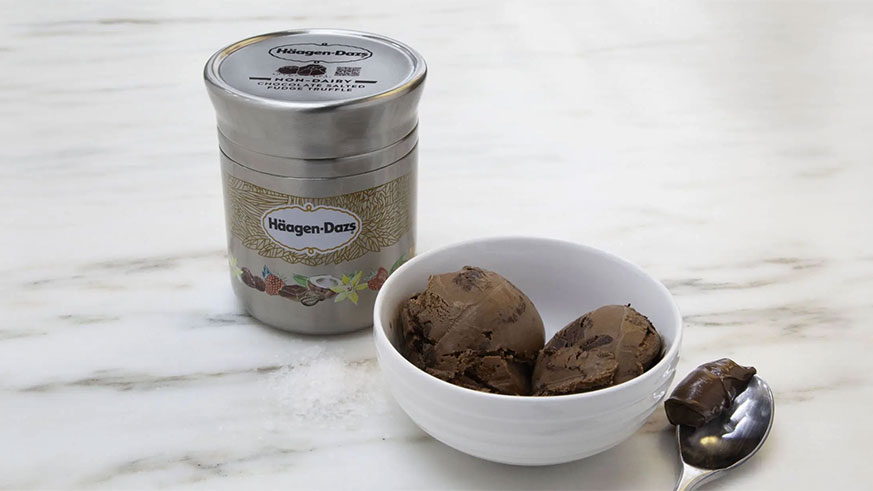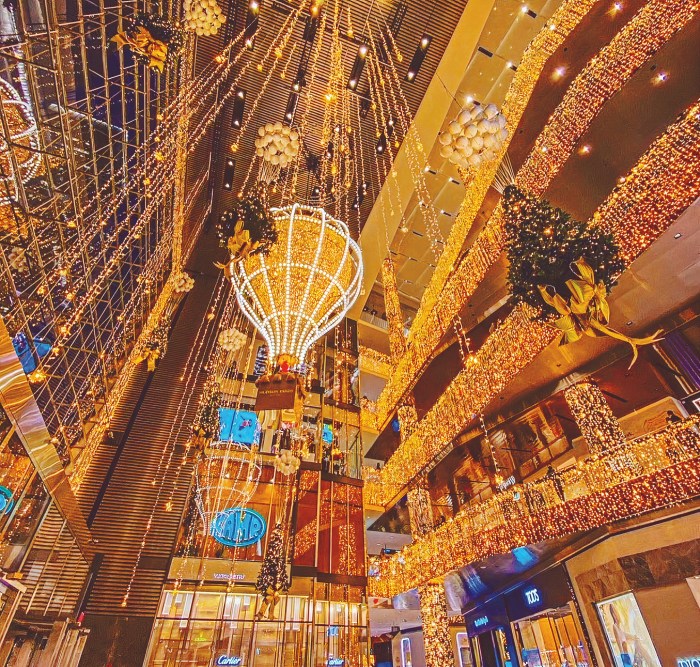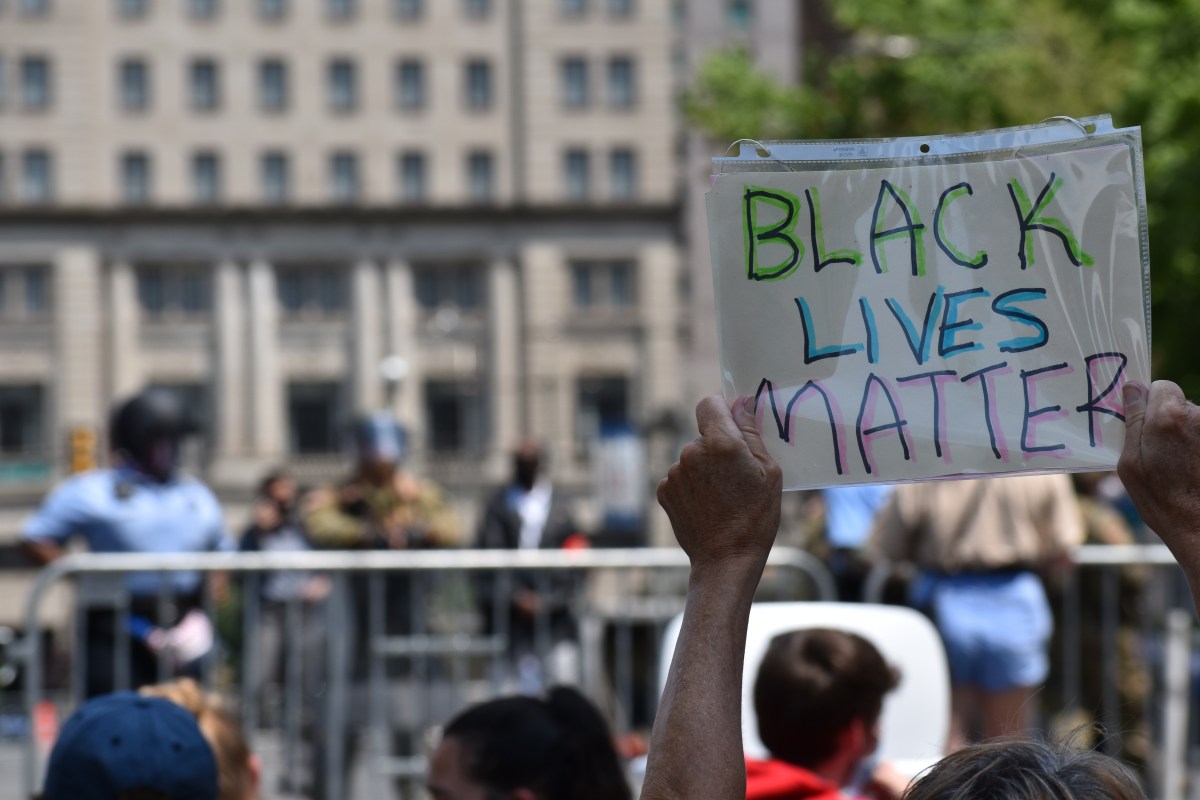What if you combined Amazon Prime with a 1950s milkman and Target’s democratic design?
That pitch might make the judges on Shark Tank scratch their heads, but it’s the exact premise of a grocery delivery service that will debut in the Northeast next month, with potentially revolutionary implications for sustainability and the environment.
On May 21, Loop will launch a “circular shopping platform” at loopstore.com. It will stock hundreds of familiar branded products — including condiments, ice cream and personal-care items — in durable, reusable packaging instead of single-use bottles, boxes and cans. Customers subscribe to the service and place orders that arrive via UPS; after the products are used up, Loop circles back to pick up the empties at no charge, then cleans and sanitizes them for reuse. Replenishments are automatically delivered.
It’s the brainstorm of TerraCycle, a company founded in 2001 to recycle previously unrecyclable materials. The overarching concept is the circular economy: Instead of “make and dispose,” the goal is “reuse and eliminate.” Materials are used for as long as possible, then recycled or reused, with the goal of creating zero waste.
“It’s funny: Most of the things we buy, we don’t really want to,” says TerraCycle CEO Tom Szaky. “When you go to say Starbucks and you buy a cup of coffee, you buy the coffee, but the cup is also in the price, and you own the cup. But do you really want to own it in the end? If we change ownership — instead of having the consumer own the package, the manufacturer owns it — the manufacturer is motivated to move away from making a product as cheap as possible to making it as durable as possible.”
To kick off the service, Loop partnered with some of the world’s biggest manufacturers of grocery items, including Proctor & Gamble, Nestlé and Unilever. Brands available at launch will include Pantene, Tide, Crest, Gillette, Pampers, Always, Dove, Seventh Generation and Hellmann’s. The reusable containers are made from innovative polymers and metals that are stylish and functional: Häagen-Dazs ice cream arrives in a stainless steel, double-walled container that’s warm to the touch but frozen inside; Axe deodorant comes in a container that looks designed by Apple. “The design level is a whole new departure from anything in disposable,” says Szaky. “Durability enables reuse, but it also enables amazing materials that can be leveraged in beautiful designs.”
But what if consumers don’t want to pay for that premium? “That’s crucial. For scale, we need not just the big brands and big retailers, but affordable pricing,” says Szaky. “The goal with all the products is to cost about the same as what you normally pay.” A small deposit will be charged for the containers; it’s fully refunded when they’re returned.
“We need Loop to be affordable for it to really change the world,” says Szaky. “Even middle income and rich people don’t want to pay a premium if they don’t have to. This is about more than just the circular economy. It is the circular economy at its heart, but it’s also about the future of how we consume.”




















